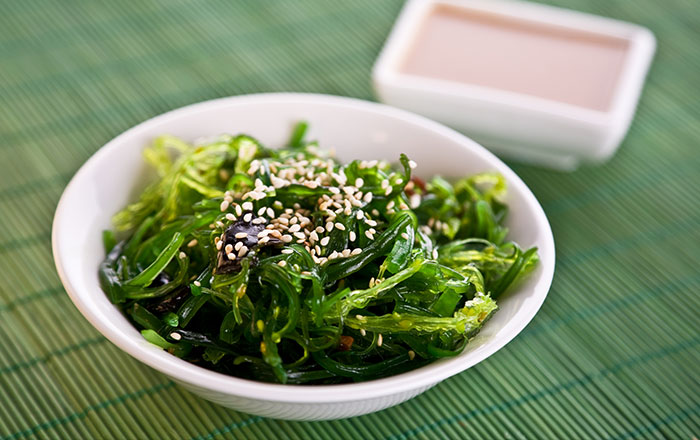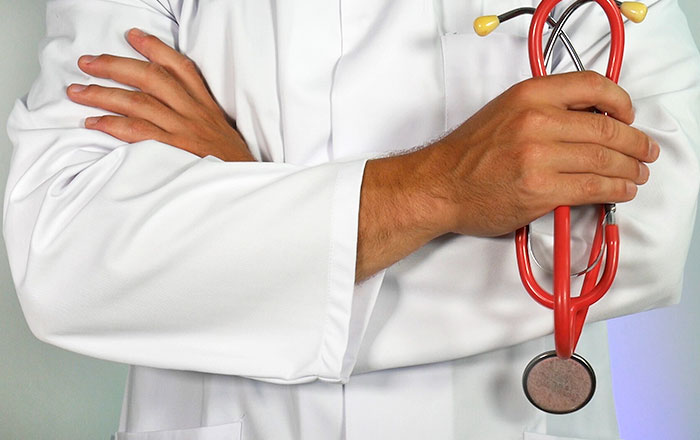Hypothyroidism San Diego
Thyroid supplements are generally taken by those who think they have sluggish thyroids, they are gaining weight for no reason or they have self-diagnosed themselves with hypothyroidism.
The supplement market is eager to meet the needs of desperate consumers armed with only a handful of internet articles and a plethora of misinformation.
Here we will discuss the most common thyroid supplements and what they are designed to do and why a patient should not take these supplements without a doctor’s or certified nutritionist’s recommendation.
1. Iodine

Iodine is needed for the production of the thyroid hormone. Before the 1920’s iodine deficiency was a common problem, especially in the so-called “goiter” states where soil was especially depleted in this essential nutrient. However, the U.S. implemented a salt fortification program adding iodine to sodium chloride and thus forming iodized salt. Iodine deficiency dropped. Today, iodine deficiency in the United States is not the primary cause of hypothyroidism, but rather an autoimmune condition called Hashimoto’s is the cause of 80% of the nearly 20 million Americans who currently are hypothyroid. Internationally, iodine deficiency is the most common cause of hypothyroidism.
In Hashimoto’s Disease (HD), iodine is often avoided. So, if someone with Hashimotos’ hypothyroidism supplements with iodine, the situation could be made worse as it may accelerate thyroid cell destruction. Research has shown that high doses of iodine can trigger Hashimoto’s in people who are genetically predisposed to Hashimoto’s and who perhaps have also have certain “vulnerabilities” like a selenium deficiency.
Iodine deficiency in light of a selenium deficiency is also a huge risk factor so supplementing with iodine without concurrent verification of selenium status may be detrimental to thyroid status overall. The careful balancing of both iodine and selenium is best guided by an experienced nutritional clinician.
2. Selenium
Selenium protects the thyroid from oxidative damage and without selenium a high iodine intake can destroy the thyroid. Iodine and selenium need to be in balance and selenium is the next most important hormone for thyroid health aside from iodine.
Selenium is an important co-factor in the conversion of the inactive T4 into the active T3. Adequate T4 will not yield an optimal functioning thyroid unless that T4 is converted into sufficient T3 to support metabolism and overall thyroid health.
Taking selenium just because one thinks their thyroid is “sluggish” may not help the problem, but cover up a more serious one that needs pharmacological and/or surgical intervention. Oftentimes we see patients struggle with self-perceived thyroid problems by supplementing with nutrients the thyroid needs, but giving selenium may hide an undiagnosed tumor, goiter or the synergy of nutrients needed to get the thyroid healed if it is truly sick. Both excessively high and excessively low selenium levels have proven damaging to the thyroid gland.
3. L-Tyrosine
Most people have enough L-tyrosine in their body but occasionally a supplement is recommended if hypothyroidism is not well controlled. Be careful not to supplement on your own as too high of an L-tyrosine level can aggravate high blood pressure, manic symptoms and may interact with other medications. L-tyrosine is only effective taken on an empty stomach when it is not competing with other amino acids or proteins and most effective when taken with adequate conversion factors such as a good source of vitamin C.
4. Coleus Forskohlii
This herb enhances the uptake of iodine into the cells and promotes the production of T3 and T4. Again the problem with this herb is the same as with supplementation with iodine.
5. Ashwagandha
Ashwagandha is a member of the nightshade family. As a member of the nightshade family, those individuals with autoimmune conditions are to avoid products from this family. Grave’s Disease and Hashimoto’s Disease are both diseases of the autoimmune system and as such call for avoidance of this otherwise very beneficial herb. Both Grave’s Disease and Hashimoto’s have to do with an imbalance in thyroid hormone production.
Supplements should only be taken after consultation with a health professional. Seemingly wonderful products can be harmful if taken for the wrong reason or the wrong condition, in the wrong combinations or even in the wrong manner.
Application

Consultation with a qualified health professional can help you sort the nuances of nutritional medicine out so that supplements become your ally and not your enemy.
Hypothyroidism San Diego - Integrative Wellness Center of San Diego.